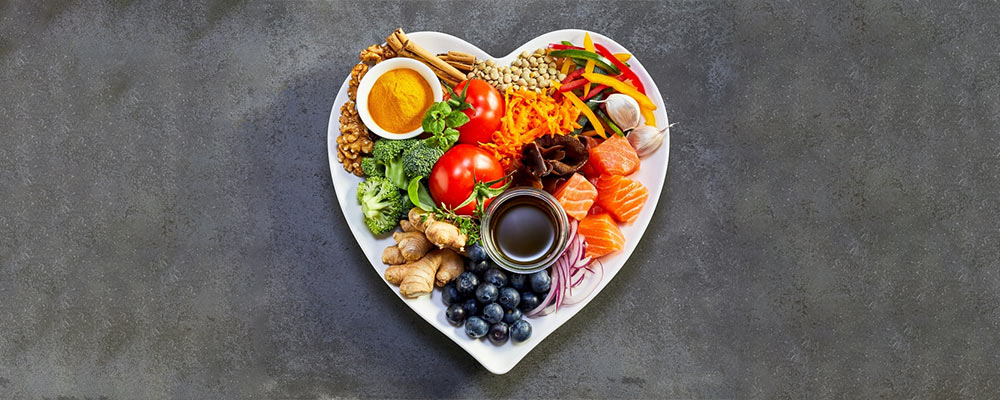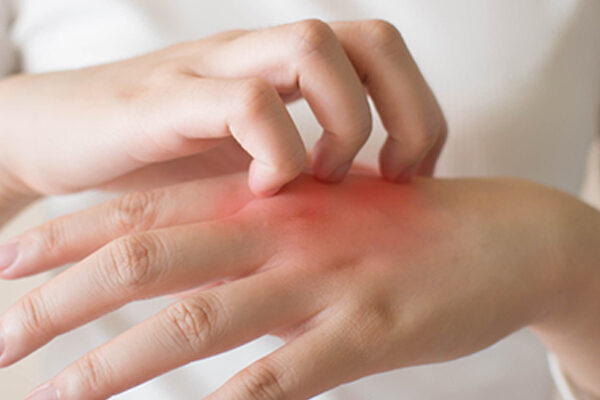Updated on May 10, 2023

Introduction:
Hidradenitis Suppurativa Diet – A nutritious diet is undeniably an important component of a healthy diet. Knowing this makes people with hidradenitis suppurativa (HS), an inflammatory skin condition characterized by painful cysts and bumps, wonder if diet can also help them manage their symptoms.
Hidradenitis suppurativa (HS), also known as acne inversa, is a chronic inflammatory skin condition characterized by recurring painful nodules, abscesses, and draining sinus tracts in areas with apocrine glands, such as the armpits, groin, and buttocks.
Hidradenitis suppurativa has no known cause, but being overweight is a risk factor for developing the condition. It is thought that the hidradenitis suppurativa diet plays a significant role in managing the condition. Continue reading this article for more information on what to avoid, what to eat, and how specific diets can affect HS symptoms.
What is The Effect of The Hidradenitis Suppurativa Diet?
There may be a role for nutrition in hidradenitis suppurativa in terms of reducing inflammation — or at least not making it worse — and avoiding flare-ups. Various foods can either increase or decrease inflammation depending on whether they are inflammatory or anti-inflammatory. Eating a balanced diet to avoid chronic conditions is similar to maintaining a healthy hidradenitis suppurativa diet can help reduce skin flare-ups.
Hidradenitis Suppurativa Diet: Foods To Eat and Avoid
Foods to Avoid
Foods that cause inflammation or trigger an inflammatory response in the body are partially responsible for HS. As a result, it is an excellent choice to avoid foods that increase oxidative stress and thus inflammation in the body. Foods to not include in the hidradenitis suppurativa diet are:
-
Dairy:
Milk products can raise your body’s insulin levels, which can lead to an excess of androgens and the development of hidradenitis suppurativa. The disease symptoms may significantly improve if you cut out milk, cheese, yogurt, and other dairy products from your diet.
-
Sugar:
Reducing your sugar intake may also help lower your insulin levels and lessen the symptoms of hidradenitis suppurativa. As a result, you should limit the consumption of sweet foods like chocolate, pastries, packaged juice, and others.
-
Alcohol:
Eliminating alcohol has been shown in studies to reduce flare-ups in people with HS.
-
High-fat processed red meat (hot dogs, sausage, and bacon):
Inflammation is exacerbated by saturated fat, which is abundant in processed meat.
-
Beer yeast:
Your skin lesions might heal more quickly if you eliminate this food from your diet. Brewer’s yeast is a common pastry ingredient because it helps the dough rise. Therefore, it is advised that you consume as little bread, cakes, buns, and other bakery goods as possible. Similar to how brewer’s yeast is frequently used in the production of wine and beer, it is preferable to stop consuming these beverages as well.
To avoid making things worse, one should speak with a doctor and a dietician before making any changes to the hidradenitis suppurativa diet. Keeping in mind that drastic changes can be stressful for the body and lead to the development of new disorders.
Foods to Eat
There is no such thing as a one-size-fits-all diet for HS, and more research is needed to determine what works best and for whom. Choosing an optimal eating pattern frequently involves trial and error. A healthy, nutritious diet low in processed foods, on the other hand, can help reduce inflammation, which is an important component of HS management. You may also find relief by removing certain foods from your diet. A hidradenitis suppurativa diet can help to reduce inflammation and the severity of HS. This includes the following:
-
The Mediterranean diet:
Fresh vegetables and fruits, whole grains, fish, seafood, and extra virgin olive oil have all been shown to help with HS flare-ups.
-
Plant-based diets:
This includes vegan or vegetarian diets. The human gut is home to trillions of microbes that work hard to keep us healthy. The more diverse an individual’s microbes, the healthier he or she is. Plant-based diets contain a wide range of microorganisms.
-
Anti-inflammatory diets:
Inflammation is the body’s natural defense mechanism against any foreign substance that it perceives as harmful. If the body does not resolve inflammation, it can destroy healthy cells. Anti-inflammatory foods, or foods that reduce inflammation, can lessen the severity of inflammation and lower the risk of HS flare-ups.
Furthermore, supplements like vitamin D and zinc help to reduce HS flare-ups. Before using these supplements for HS treatment, one must consult with a doctor.
Writing down what you eat and noting the severity of your symptoms can provide significant insight into which foods may cause flares or worsen them. Because not everyone’s trigger foods are the same, it’s a good idea to keep a personalized log and show it to the doctor at your next appointment. Working with a healthcare provider is essential to ensure that one is not making dietary changes that will have a negative impact on their overall health.
Hidradenitis Suppurativa Diet & Treatment Go Hand In Hand
While there is no known cure for this condition, a hidradenitis suppurativa diet may help manage symptoms. Here are some dietary tips that may be helpful for individuals with hidradenitis suppurativa:
-
Avoid inflammatory foods:
Foods that are high in sugar, saturated fat, and processed carbohydrates can worsen inflammation in the body, leading to flare-ups of hidradenitis suppurativa. It is best to limit or avoid foods such as candy, soda, white bread, pasta, and fried foods.
-
Eat a balanced diet:
Eating a diet rich in fruits, vegetables, whole grains, and lean protein sources such as chicken, fish, and legumes can help reduce inflammation in the body.
-
Increase fiber intake:
Eating fiber-rich foods such as fruits, vegetables, and whole grains can help improve gut health and reduce inflammation.
-
Stay hydrated:
Drinking plenty of water can help keep the skin hydrated and prevent dryness or cracking that can worsen hidradenitis suppurativa symptoms.
-
Consider supplements:
Supplements such as omega-3 fatty acids, vitamin D, and zinc may help reduce inflammation and improve skin health.
It is important to note that dietary changes alone may not be sufficient to manage hidradenitis suppurativa, and individuals should always consult with a healthcare provider for a comprehensive treatment plan.
Outlook
Living with hidradenitis suppurativa (HS) is not easy. It causes both physical and mental distress. Aside from being painful, the disease can make one feel self-conscious. Diet can influence hidradenitis suppurativa, including which foods to eat and which to avoid in the ongoing quest to keep the symptoms under control.
While there is no cure for this condition, there are several ways to help relieve symptoms and prevent flare-ups in those who are suffering from it. Adopting a hidradenitis suppurativa diet may be a powerful step in managing symptoms and regaining confidence and comfort in their own skin.





